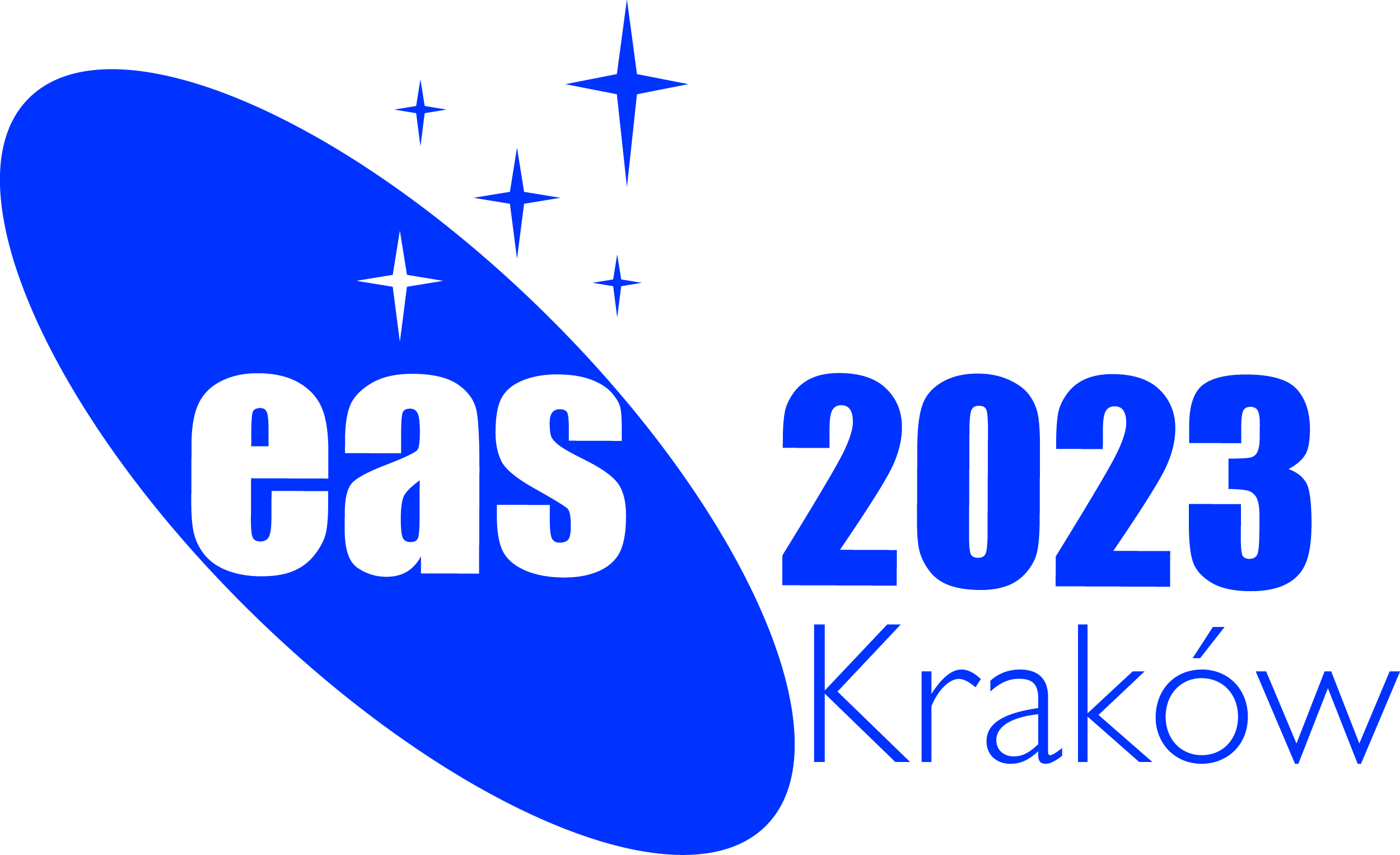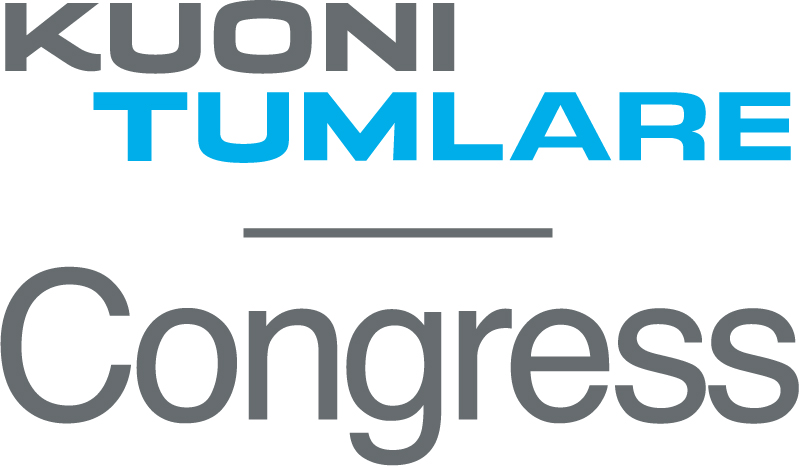Special Session SS36
12 July 2023
The hitchhiker's guide to astronomy education, public outreach and communication
News:
Finally the session programme is available online on the conference website!
Check out below for a block overview of the programme.
We can't wait to meet many of you in Krakow!
You can find our session on Wed 12 July in the S4 1 Room.
Aims and scope
The education, public outreach, and communication (EPOC) of science is a social responsibility of the wider scientific community and often becomes a labour of love bestowed on a few. We strive to disseminate scientific results throughout society, we commit to reach disenfranchised audiences under a social justice lens to improve the environment both within the scientific community itself and society at large. Often unsung, the work of EPOC professionals in astronomy is crucial to build bridges between the research community and non-experts, while at the same time not always being fully understood within the community itself.
With a mixture of invited and contributed presentations, this session offers an open and safe space to EPOC professionals in the astronomical community to share the ins and outs of our work, from best practices and structural issues to lessons learnt and challenges overcome. The session is by no means intended solely for EPOC professionals, but is open to the entire astronomical community, aiming to strengthen bridges with researchers and have an open conversation to improve and make EPOC activities more sustainable.
We especially welcome and encourage contributions from colleagues coming from backgrounds that are traditionally underrepresented in astronomy and in the astronomy and science outreach community.
Programme
Overview:
09:00-10:30 Innovative and inclusive education
10:30-11:00 Coffee break
11:00-12:10 Inclusive and sustainable outreach
12:10-12:45 Lunch break
13:00-14:00 Lunch session: Challenges, opportunities, strategies and open issues in Astronomy communication
14:05-14:15 Break
14:15-16:15 Plenary sessions
16:15-16:45 Coffee break
16:45-18:15 Public engagement: formats and multimedia
We encourage abstract submissions on (but not limited to) the following topics:
- Careers in EPOC: entry level, professionalisation, career progression
- Astronomy EPOC: Challenges and lessons learned
- Equitable community partnerships
- Astronomy outreach for development
- Building support for EPOC activities in institutions
- Evaluation
- Diversity and inclusion in astronomy outreach
- Building a more diverse astronomy community
- Perspective shifts and strategies to work with marginalised communities
- How can scicommers help researchers (and how can researchers help scicommers)
- Feminisation of the EPOC workforce
- Engaging with the wider community: Citizen Science and Pro/Am collaborations
- Communicating Astronomy to the media: do's and don'ts
Invited speakers
- Sara Anjos (Nuclio, Portugal): Innovation in Education with Astronomy and Space Exploration
- Edward Gomez (Las Cumbres Observatory, UK): Creating equitable, sustainable, and innovative educational projects using robotic telescopes (virtual talk)
- Maciej Ligowski (Creative Planet, Poland): Immerse your audience!
- Cheyenne Polius (Saint Lucia National Astronomy Association & Black in Astro): The Space for Astronomy in Sustainable Development
Scientific organisers
- Claudia Mignone, co-chair (INAF, Italy)
- Claudia Antolini, co-chair (University of Cambridge, UK)
- Nicolas Bonne (ICG, University of Portsmouth, UK)
- Anahi Caldú Primo (University of Vienna, Austria)
- Nina Cameron (Planetarium at Glasgow Science Centre, UK)
- Alfredo Carpineti (IFLScience, UK)
- Sheila Kanani (Royal Astronomical Society, UK)
- Iris Nijman (ESA ESTEC, The Netherlands)
- Tshiamiso Makwela (IAU OAE, Germany; University of Cape Town, South Africa)
- Lucinda Offer (Royal Astronomical Society, UK)
- Nuala O'Flynn (University of Hertfordshire, UK)
- Lê Binh San Pham (Royal Observatory of Belgium)
- Milena Ratajczak (University of Warsaw & ScienceNOW, Poland)
- Jorge Rivero González (Institute of Space Sciences, Spain)
- Paul Roche (Cardiff University, UK)
Contact
soc.eas.special.session.36 @ gmail.com
Updated on Wed Jul 12 11:03:08 CEST 2023
|

 A power cut will shut down all EAS services on Tuesday, 10 January 2017 starting at 7:30 CET.
A power cut will shut down all EAS services on Tuesday, 10 January 2017 starting at 7:30 CET.


